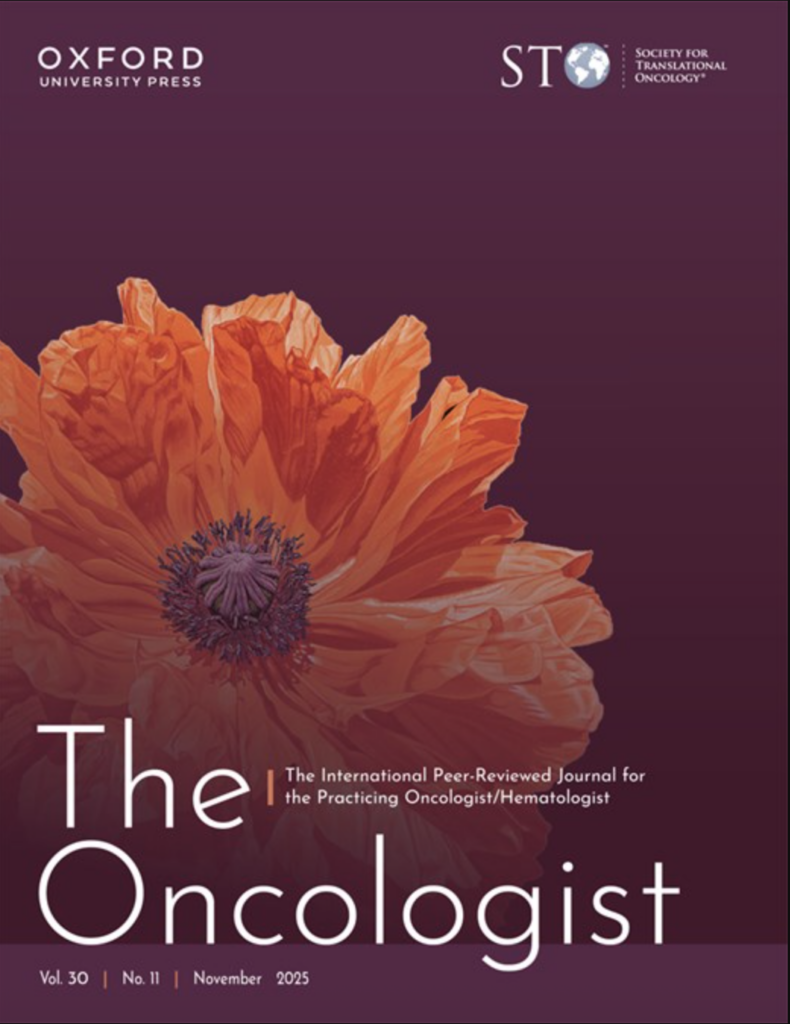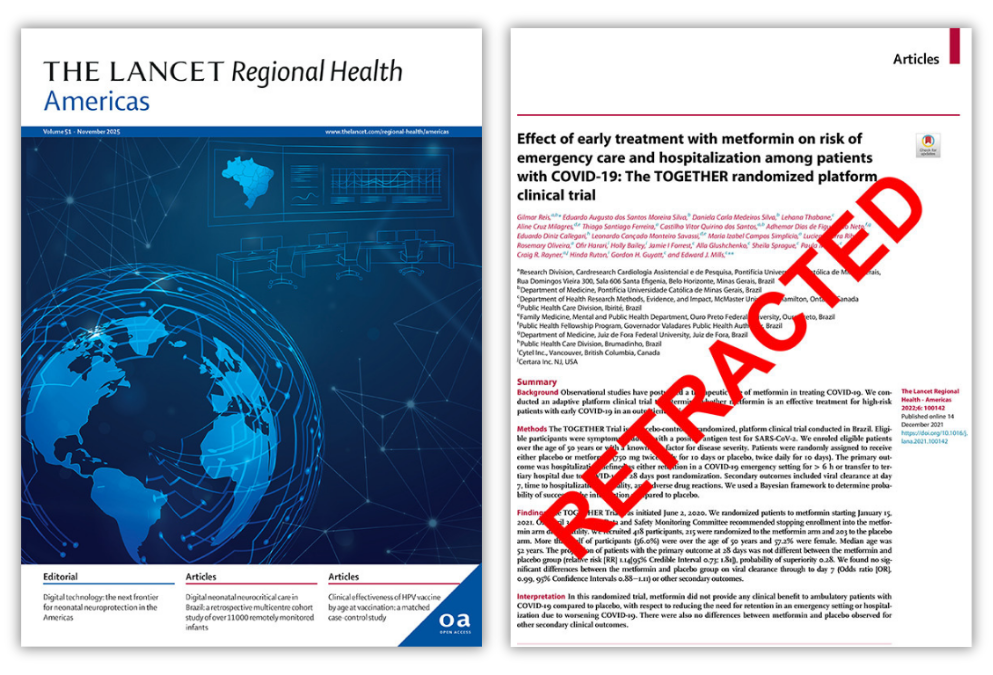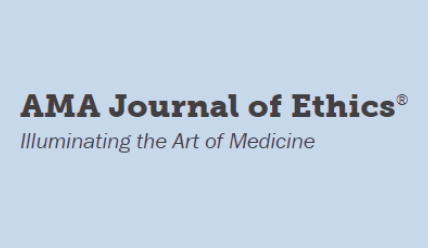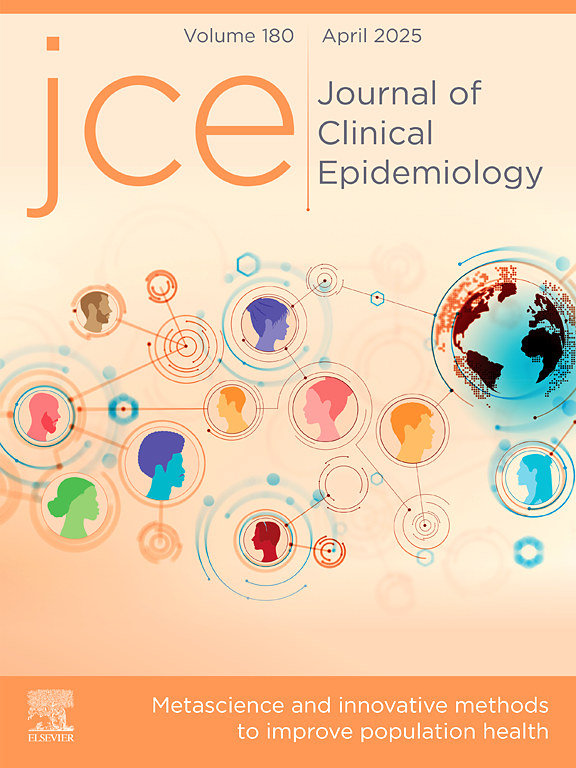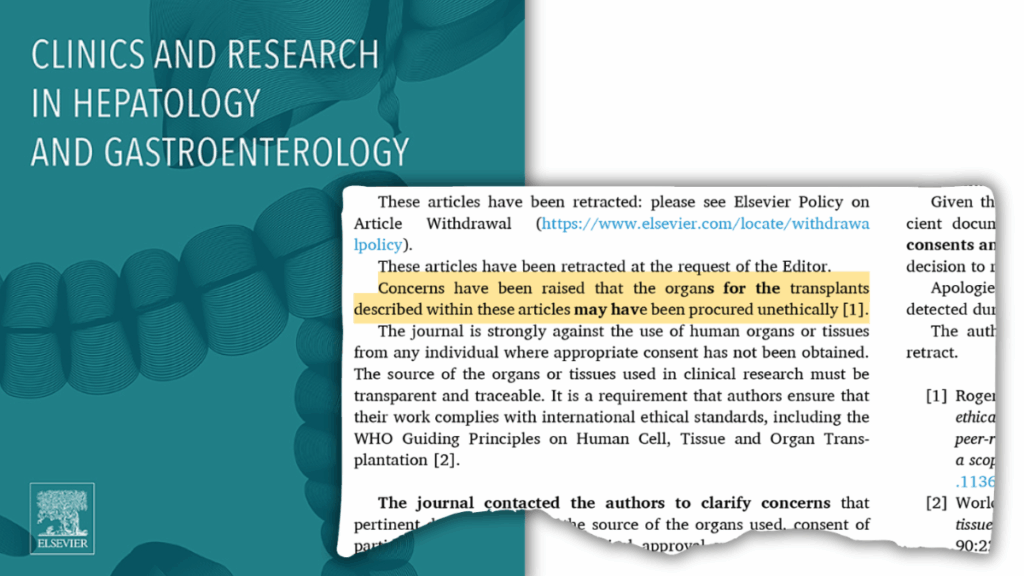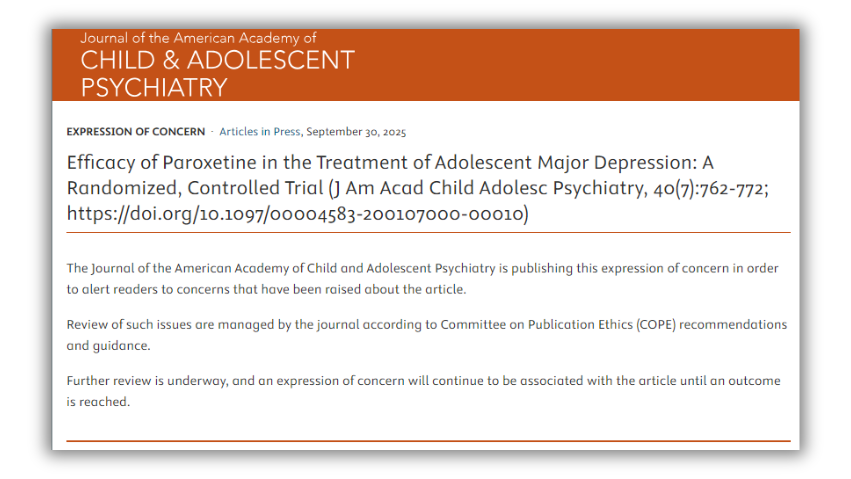
After reading a recent study about GLP-1 treatment in the International Journal of Obesity, David B. Allison immediately became skeptical about the paper’s analysis. The article, published in May 2024, found people who combined a GLP-1 therapy with another weight loss drug lost more weight than patients on a GLP-1 therapy alone.
“I could not really comprehend exactly what analysis they did,” Allison, chief of nutrition and director of the Children’s Nutrition Research Center at Baylor College of Medicine in Houston, told Retraction Watch. “And more so, I could not comprehend how the analysis they did would give results that would be informative of the conclusions they drew. So I was scratching my head a little bit.”
The IJO paper was a retrospective cohort study of adults with obesity who had been prescribed a GLP-1 therapy, specifically Saxenda and Ozempic. The study compared patients who received a GLP-1 alone with those receiving the GLP-1 therapy and then had bupropion/naltrexone added to their regimen. The Food and Drug Administration approved bupropion/naltrexone in 2014 for chronic weight management in obese adults.
Continue reading Journal retracts GLP-1 study after researcher questions central finding
